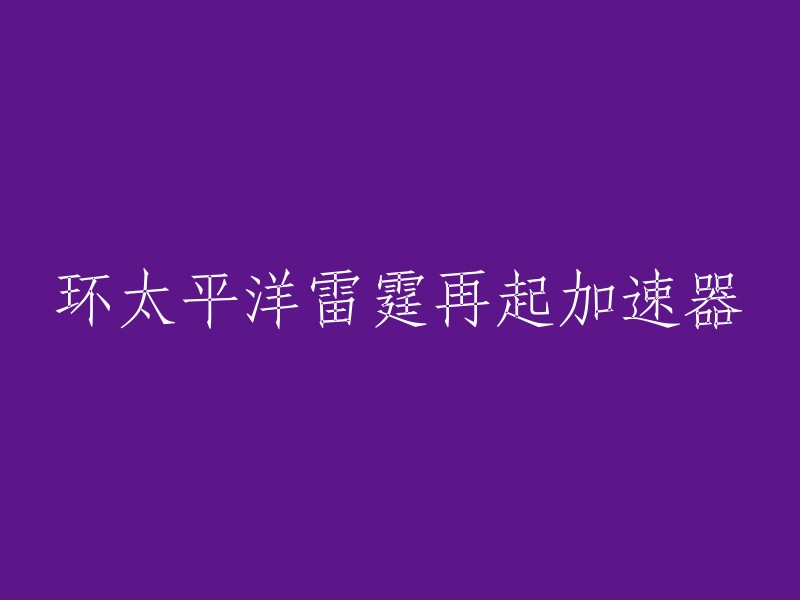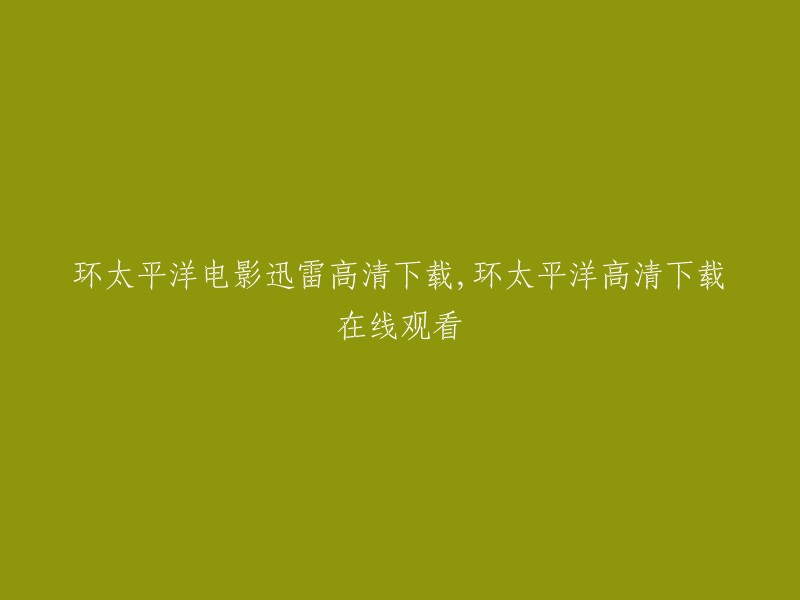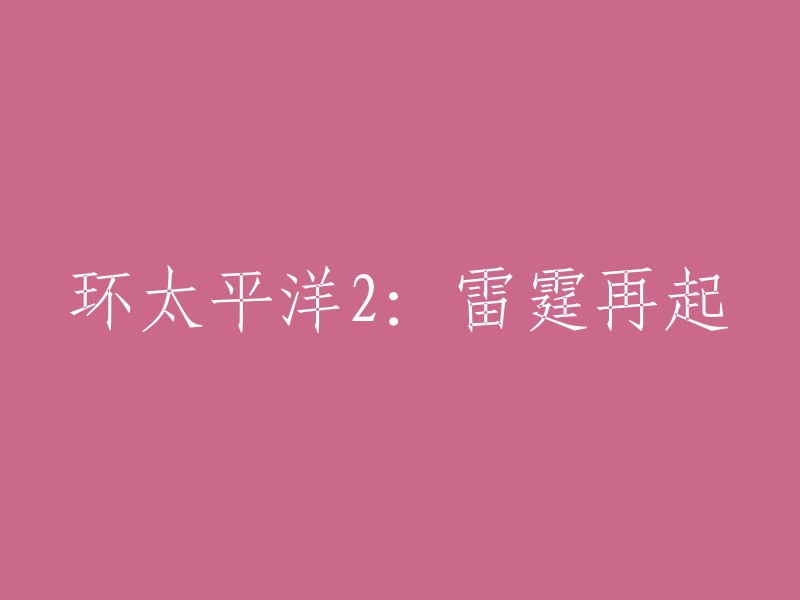在英语中,demand这个单词的用法相当常见,但同时也很容易让人混淆。那么,您对它的用法了解多少呢?接下来,本文将为大家详细介绍demand的用法,让我们一起来学习吧!
一、demand的名词用法:
1. 表示“对......的需求或要求”,通常接介词for。例如:
There is a great demand for these goods.(这些货物的需求量很大。)
There is not much demand for these kinds of goods.(这类物品需求量不大。)
The manager listened to the workers’ demand for more money.(经理听取了工人们关于提高工钱的要求。)
2. 用于in demand,意为“有需求的”“吃香的”。例如:
These goods are in good demand.(这些货物销量很大。)
Cold drinks are in demand in the summer.(夏季需要清凉饮料。)
需要注意的是,它与on demand(一经要求)有所不同。例如:
Samples are furnished on demand.(一经要求,即供样品。)
This check is payable on demand.(这是一张见票即付的支票。)
二、demand的动词用法:
demand作为动词时,意为“要求”“需求”,通常为及物动词,其宾语可以是名词或不定式,但一般不用动名词。例如:
The workers demanded increased wages.(工人要求增加工资。)
He demanded to see my passport.(他要求看我的护照。)
有时也接that从句作宾语,但从句谓语通常用虚拟语气。例如:
The seller demanded that payment should be made within five days.(卖方要求5日内付款。)
比较同义句:
He demanded to be told everything. = He demanded that he (should) be told everything.(他要求把一切都告诉他。)
虽然"demand"这个动词后接不定式作宾语是可行的,但通常情况下我们并不使用不定式的复合结构来表达这一意思。如果需要这样的句子结构,我们可以使用"demand of sb to do sth."的结构。例如:
1. She demanded of me to pay her immediately.(她要求我立即付钱给她。)
2. He demanded of us to tell him everything.(他要求我们把一切都告诉他。)
关于“demand”这个词,它有多种含义和用法,下面将列举一些常见的解释和例句:
1. 作为动词,表示“要求,请求;需要;[法]召唤;询问,盘问”。例如:
The demand generated by one factory required the construction of another.(一家工厂产生的需求使得必须再建造一家工厂。)
He was much in demand as a lecturer in the US.(他的讲座在美国很受欢迎。)
2. 作为名词,表示“需求;需要;要求,请求;销路”。例如:
The demand to see her work is much greater than expected.(想要参观她作品的人数大大超出了预期。)
Cheap goods are available, but not in sufficient quantities to satisfy demand.(有一些廉价的商品,但是数量不足以满足需求。)
3. 另外,作为动词,它还可以表示“需要;请求;查问”。例如:
An employer can demand written certification that the relative is really ill.(雇主可以要求出具书面证明,证实员工的亲人确实病了。)






